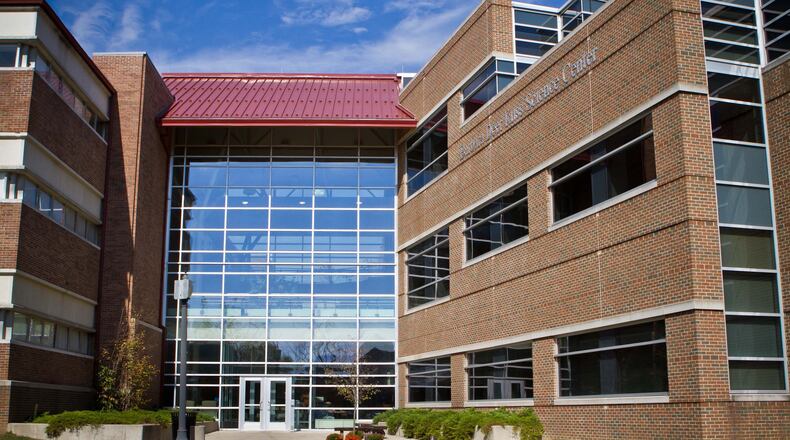These federal COVID-19 relief grants are to focus on providing services for Ohio students who experience greater disruptions to learning and didn’t engage consistently in school during the pandemic.
“These school and district partnerships with colleges and universities will positively impact students, complement classroom instruction and enrich the practices for future educators,” Superintendent of Public Instruction Stephen D. Dackin said. “Each additional learning opportunity we create for Ohio’s students leads to improved mathematics and literacy skill development, reinforced connections to core subjects and better coursework comprehension.”
Wittenberg received $412,250 in partnership with the Springfield City and Northwestern Local school districts.
“We are incredibly excited and grateful for the opportunity to expand our work with local schools in this way. We regularly partner with both Springfield City Schools and Northwestern Local Schools to support our pre-service teachers, and the new tutoring program will help us strengthen these connections and expand the mentoring role that so many local educators already provide for our students,” said Michael Daiga, assistant professor of education.
The grant will be used to help K-12 students’ math and literacy achievements that were negatively effected by COVID-19. Although schools have been making efforts to bridge the learning loss of the last few years, there are still many students in need of more support.
“This grant allows us to support local schools through one-on-one and small group tutoring that targets math and literacy. These tutoring sessions will follow guidelines for effective tutoring as identified by recent research and explicitly targeted by ODE for this grant,” said Kristin Farley, assistant professor of education.
The tutoring will be provided by Wittenberg students pursing a teaching license through the Education Department, Farley said. The students will be specifically trained to use the school districts’ math and literacy curricula to provide just-in-time instruction that aligns with current classroom instruction.
For several of the education courses, the department already places students in local schools to have the opportunity to learn from teachers. With this grant, an additional component will be added to three of the core courses including Elementary Math Methods, Elementary English Language Arts Methods and Phonics for Reading and Writing to pair individual K-5 students with Wittenberg students enrolled in those courses, Farley said.
“By using these courses and including specific tutoring training, we can ensure that K-5 students are matched with Wittenberg students who can meet their academic needs,” Farley said. “Wittenberg students will (also) engage in tutoring two to three times per week with the same K-5 student and those pairings will remain the same across semesters to the extent possible as student progress through their education coursework.”
The grant has the potential to impact the community by raising academic achievement through the school systems and improve the quality of teachers produced at Wittenberg.
“The primary goal is to support local students’ academic development as we know how critical early math and literacy skills are for future learning and success. The tutoring program will hopefully give students the extra boost they need to make additional gains at an accelerated rate,” Daida said. “By using Wittenberg students as tutors, we can provide schools with additional resources while also developing well-rounded and better prepared future educators.”
If the tutoring program is as successful as they anticipate, Daiga hopes to continue the program after the grant funds expire in 2024 and potentially expand it into other area schools.
The grants were awarded to two- and four-year public and private colleges and universities with teacher preparation and education programs where students can benefit from field experience, community service and other incentives such as course credits, ODE stated. Those who received funds were required to identify partnering schools or districts that have committed to working with them.
ODHE Chancellor Randy Gardner said collaboration has been necessary to navigate the effects and impact of the pandemic.
“By partnering with neighboring schools and districts, our colleges and universities are giving our future educators an opportunity to support and help K-12 students in a meaningful way,” he said.
About the Author

